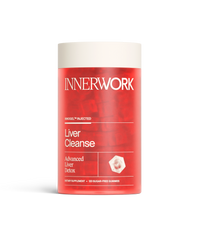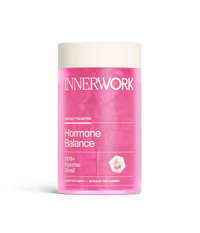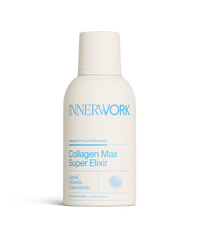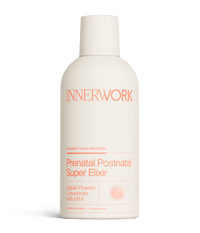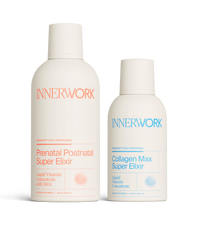The impact of screen use on circadian rhythms extends beyond blue light exposure. Engaging with screens, particularly social media or games, triggers dopamine release, creating a state of arousal incompatible with sleep onset. Additionally, electromagnetic fields (EMF) emitted by devices may suppress melatonin production, independent of light exposure.
Pre-sleep screen use affects not just sleep quantity but also quality and cognitive benefits. It can disrupt REM sleep, crucial for emotional processing and memory consolidation, impacting mood regulation and learning retention. Screen use can also interfere with the brain's ability to make novel connections and solve problems during the transition to sleep.
Physical impacts of pre-sleep screen use go beyond eye strain. The typical hunched posture when using screens can lead to muscle tension and misalignment, affecting sleep quality and contributing to chronic pain. The slight increase in core body temperature from holding a warm device can interfere with the natural drop in body temperature necessary for optimal sleep onset.
While blue light filters are popular, other innovative approaches can mitigate screen use effects. Chrono-nutrition, timing nutrient intake to influence circadian rhythms, can be beneficial. Consuming foods rich in melatonin-boosting nutrients like tryptophan in the evening can help counteract some screen use effects. Red light therapy in the evening has been shown to promote melatonin production and improve sleep quality. Binaural beats can promote relaxation and ease the transition to sleep, potentially offsetting the arousing effects of screen use.
Implementing a screen-free wind-down period can significantly improve sleep quality. Strategies include keeping devices away from the bed to minimize EMF exposure, engaging in brief meditation or journaling to process the day's emotions, incorporating stretching routines to alleviate screen-induced muscle tension, and using cooling pillows or lowering room temperature to counteract device-induced warmth.
Remember, the goal is progress, not perfection. Even small reductions in pre-sleep screen time can yield significant benefits for sleep quality and overall health. As with any health-related changes, consult with a healthcare professional, particularly if sleep issues persist.
By understanding the multifaceted impacts of screen use on sleep and implementing targeted strategies, one can cultivate a more restful and rejuvenating sleep experience, leading to improved overall health and well-being.

